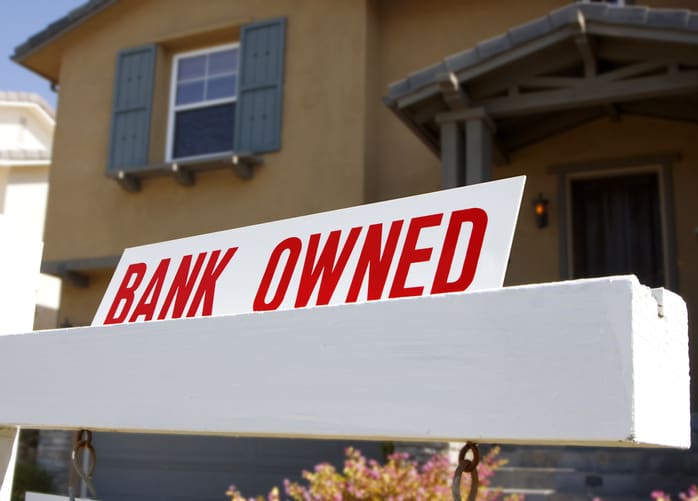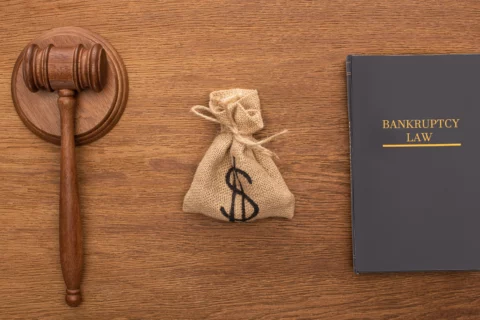Can a Bank Repossess My [Fill in the Blank] to Cover My Debt?
 An unprecedented number of Americans are struggling financially because of the coronavirus pandemic. Do you find yourself falling behind on loan payments? You may be worried that a creditor will repossess your belongings to cover your debt. Seizing property is legal in many cases, but strict rules determine what a creditor can and can’t take if you default on a loan. Here are some general guidelines you should know.
An unprecedented number of Americans are struggling financially because of the coronavirus pandemic. Do you find yourself falling behind on loan payments? You may be worried that a creditor will repossess your belongings to cover your debt. Seizing property is legal in many cases, but strict rules determine what a creditor can and can’t take if you default on a loan. Here are some general guidelines you should know.
A Bank Can Repossess…
- Your car: Most auto loans list the vehicle itself as collateral, giving the bank, credit union, or dealer the right to repossess it if you default. The lender isn’t required to provide prior notice, so if you’re 90 days or more behind on payments, it’s wise to clean your belongings out of the car in case the repo takes place unexpectedly.
- Your house: If you fail to keep up with your mortgage payments, the bank may repossess your home, a process known as foreclosure. In some cases, if you come up with the required funds quickly enough, you may have the right to redeem your property and move back in.
- Rent-to-own items: Furniture, appliances, electronics, and anything else you rent with the option of buying can be repossessed.
- Any property used as collateral: Secured debt is a loan taken out with some form of collateral. The good news is you may qualify for a lower interest rate when your loan is secured. The bad news is the bank can repossess any property used as collateral if you don’t repay the debt. In some cases, the bank can take your property even without going to court first to get a judgment.
A Bank Can’t Repossess…
- Property not named as collateral: In short, if it isn’t listed as collateral for a loan, it can’t be taken away from you. For instance, you may have an auto loan and an unsecured personal loan from the same bank. If you default on your personal loan but keep up with your car payments, the bank can’t repossess the car to cover your personal loan debt.
- Purchases made with a credit card: Credit card debt is unsecured, meaning nothing is named as collateral for the loan. While credit cards have high-interest rates, as a result, this means items purchased with a credit card can’t be repossessed.
- Property named as collateral in a void contract: It’s possible to sign a contract that doesn’t meet the state’s legal requirements. If this happens, any collateral named in the loan is automatically protected from repossession. If you have received repo notices, it’s wise to have a lawyer review the contract for validity and advise you on your rights.
If you’re facing the possibility of having your belongings repossessed, contact Cutler & Associates for a free bankruptcy consultation. When you file, all collection activities, including repossessions, cease thanks to an automatic stay. We specialize in helping Chicagoland, IL residents resolve consumer debt while keeping most or all of their possessions.


